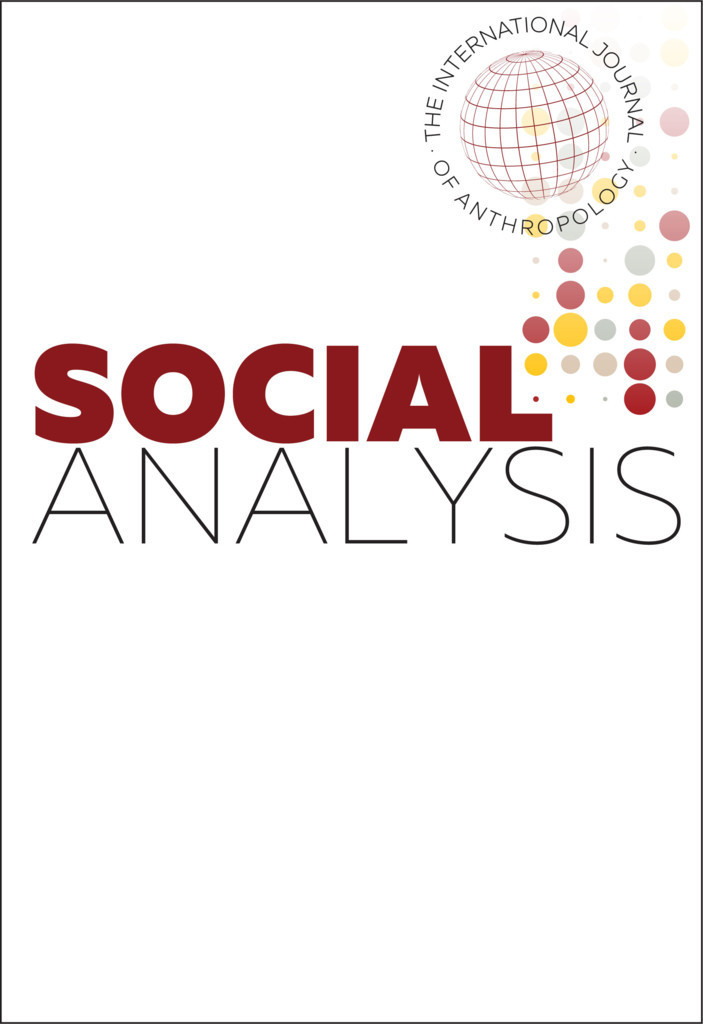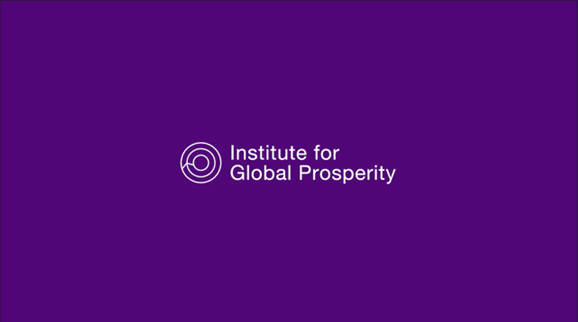
Published: Monday 1 June, 2009
There has been much discussion in anthropology of the problem of belief and of the difficulties inherent in understanding and interpreting alternative life-worlds. One consequence of anthropological understanding and interpretation being intimately tied to the epistemological and ethical project of contextualization is that other people’s knowledge is often rendered as parochial, defined by its local contexts and scope. This article discusses the recent conversion to radical Protestant beliefs in a community in northern Kenya that has resulted in new forms of knowledge and agency. The moral continuities and discontinuities between researcher and researched cannot in this situation be glossed by making the informants rational in context or by asserting the existence of culturally distinct worldviews. The article explores how this sets up a series of epistemological and ethical dilemmas that shape both the research project and the research process.


